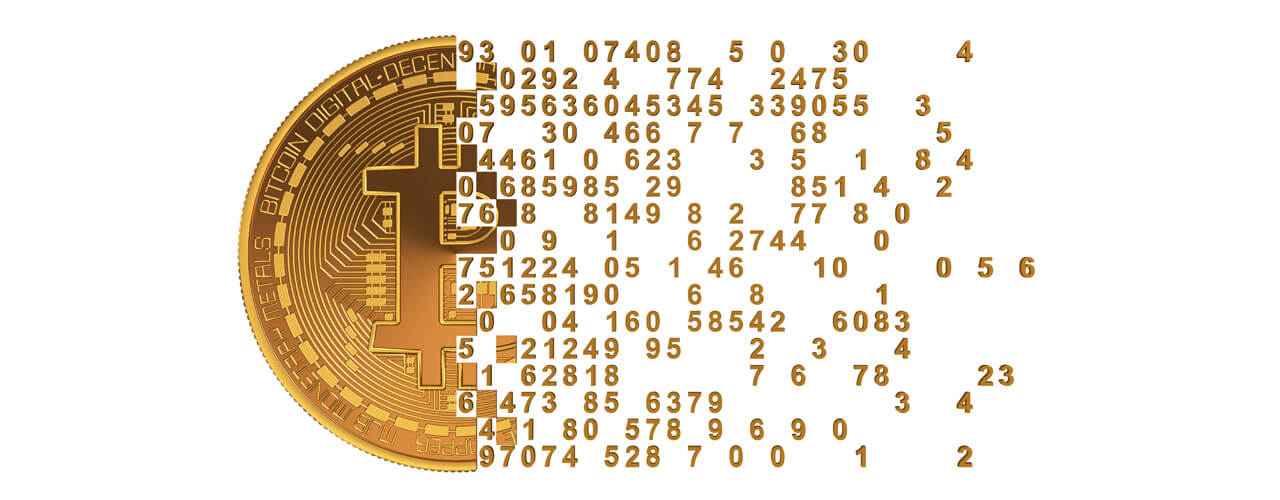Although the techies in your IT department may try to make “blockchain” sound complicated – because let’s face it, the more complicated they make technology seem the stronger their job security is – blockchain in commercial real estate is pretty easy to understand. At least as far as we non-techies are concerned.
Here’s everything non-techies need to know about using blockchain in commercial real estate.
Just What the Heck Is Blockchain?
Let’s begin with a simple non-technical explanation of blockchain for CRE. You’ve probably heard of Bitcoin and cryptocurrency. Blockchain is the underlying mechanism – or in tech-speak, “protocol” – that makes these things work.
Blockchain is used in commercial real estate to electronically verify the data and transactions between two or more people or companies. When applied properly, this data cannot be hacked or lost in the way that paper documents can be misfiled, altered, or stolen.
How Blockchain Could Seriously Change the Commercial Real Estate Industry
Using blockchain in commercial real estate transactions makes workflows more efficient. It also makes data verification – such as who is doing what for whom and how – simpler and efficient. It also makes transactions completely transparent all while keeping proprietary data safe and secure.
There are three areas in the commercial real estate industry where blockchain can and is being used to improve the business:
- Asset management: by automating the invoicing, lease reconciliations, and big data collections in multi-tenant, multi-property commercial real estate portfolios.
- Property searches: dramatically increasing the efficiency of global property searches by creating transparency and providing speedy access to property information.
- Smart contracts: using blockchain in commercial real estate transactions speeds deals up while leaving behind an uneditable transaction trail.
Benefits of Using Blockchain in Commercial Real Estate
That’s the main areas of the commercial real estate industry that blockchain could and is seriously changing. Now let’s look at some of the specific benefits of using blockchain in CRE.
In their most recent Occupier Edge Sixth Edition report, Cushman & Wakefield list seven ways that blockchain can improve commercial real estate transactions:
- Remove barriers to access to capital from new global sources by making fractional ownership in commercial real estate property easy and affordable,
- Maintain the anonymity and confidentiality of all parties to a transaction other than to the proper authorities,
- Track credit histories and verify background information on both individuals and companies taking part in a CRE transaction,
- Streamline cross-border sale and lease transactions by providing a secure method for paperless transactions,
- Automate payments using blockchain to virtually eliminate human error when processing rent payments and paying vendor invoices, creating a full electronic audit trail,
- Shorten the verification of ownership and existing property liens from weeks to mere seconds because blockchain data is instantly accessible and unalterable,
- Eliminate the costly need for title insurance and closing fees thereby reducing the cost of every commercial real estate transaction.
Drawbacks to Using Blockchain in CRE
Although blockchain has the potential to change the commercial real estate industry for the better, there are some current drawbacks to using blockchain in CRE.
First, because there are no existing technical standards governing blockchain implementation across different industries or different countries, obstacles to fully using blockchain exist both globally and locally.
Next, the distributed or shared databases blockchain uses to speed up commercial real estate transactions are slower than centralized databases, which in turn limits certain applications that require high volume and speed.
Third, although blockchain boasts numerous inherent safeguards, it isn’t entirely invulnerable to fraud: although still hypothetical, a “51% Attack” could occur if hackers took control of more than one-half of a blockchain network, gaining the ability to prevent new transactions and halting the flow of information between users.
Non-Techie Takeaways for Blockchain in Commercial Real Estate
Here are the top things to remember about blockchain in commercial real estate:
- Blockchain is the underlying protocol used to verify data and parties to a transaction.
- Blockchain data, when used properly, cannot be altered, lost, or stolen.
- Three key areas where blockchain is changing the commercial real estate industry are in asset management, property searches, and smart contracts.
- Benefits of using blockchain in commercial real estate include better access to capital, streamlining deal flow, automating income and expense transactions, and speeding up the transfer of title from weeks to seconds.
- Challenges to fully implementing the use of blockchain in commercial real estate transactions include lack of industry and global standards, potentially slower transaction times in distributed databases, and hypothetical attacks on the blockchain system









